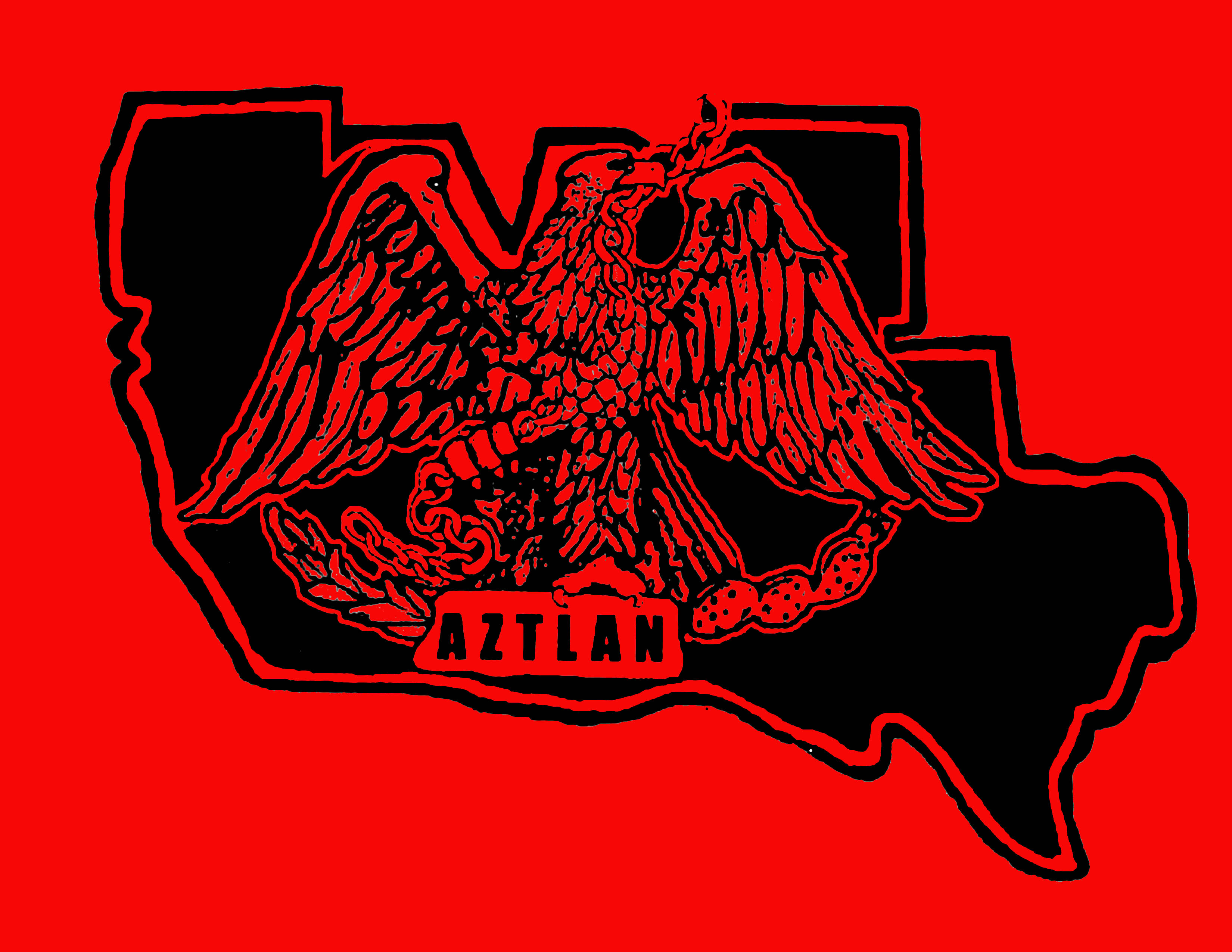Fall 2025 Courses
Welcome to the Fall 2025 semester! This is a great moment to plan and declare your History major, minor, or cluster. The BA in history is a flexible major that consists of 10 courses, although many students exceed that number. The history minor requires 6 courses. The department also offers over sixteen options for the 3-course clusters in History. For more info on declaring, please visit the following page: Declaring a major or minor
History students also have considerable research opportunities through the HOUR Program, the Honors Program, and other initiatives.
First- and Second-Year Students
Students in the Class of 2029 and 2028 should enroll in HIST 200 – Gateway to History. This course is required for the History major and serves as an introduction to historical practice. Gateway courses explore what professional historians actually do and how they do it.
In Fall 2025, we are offering two Gateway courses: Religion in American Public Life, and Stalinism.
Religion in American Public Life
Instructor Daniel Gorman, PhD M/W 11:50am-1:05pm
The United States is often described as a “Christian nation,” but what does that phrase mean, and for whom? What perspectives are hidden or uplifted when we call America Christian? This course will explore the contested place of religion in American public life from the Revolutionary War to the Trump era. We will learn about the end of state subsidies for churches, blasphemy laws, and religious requirements for office in the early republic. We will discuss abolitionist and pro-slavery theologies, the Latter-day Saint theocracy in Utah, the reaction of scientists and theologians to Darwinism, and the influence of Protestantism on American colleges. We will explore the twentieth-century efforts of immigrants and their descendants, especially Jews and Muslims, to achieve political equality. Finally, we will consider the rise of the “Religious Right” over the past fifty years and the implications of contemporary Christian nationalism for the future. Students will also conduct original research into the history of religious inclusion and exclusion at the University of Rochester.
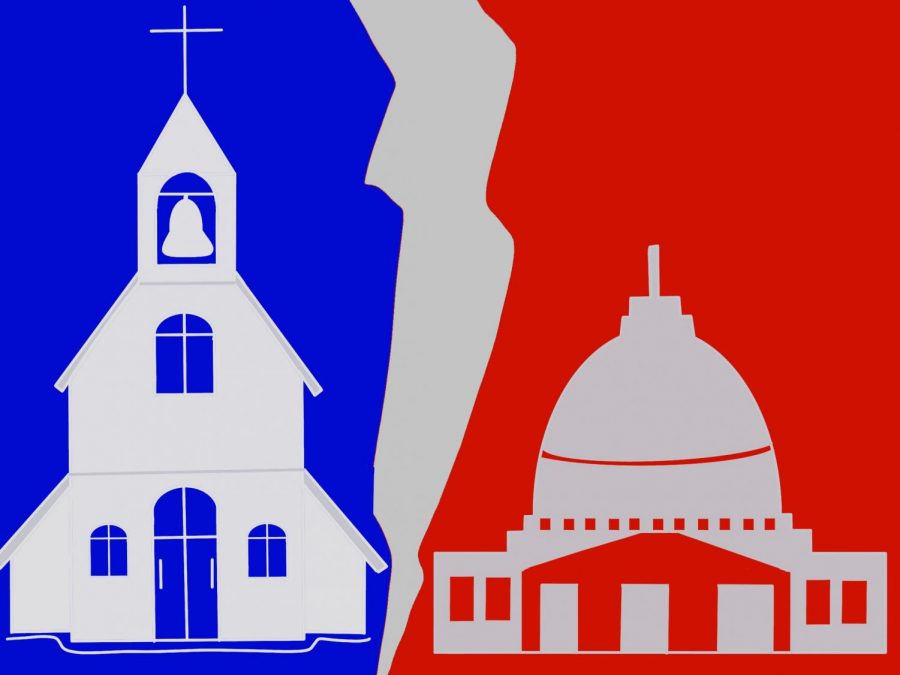
Stalinism
Professor Matthew Lenoe, M/W 2-3:15pm
In the early 1930s Joseph Stalin consolidated his one-man dictatorship in the USSR. He and his lieutenants revolutionized Soviet society and created a new and unique political and economic system, in large part through the use of state terror. In 1941-1945 Stalin led the Soviet Union in its death struggle with Nazi Germany; in the late 1940s and early 1950s he was one of the architects of the Cold War. In this class we will study social, political, economic and cultural aspects of Stalinism. Using primary sources (films, novels, administrative documents, etc.) and secondary sources (scholars' work on Stalinism) the course also introduces students to the discipline of history, as practiced by scholars. How do historians research the past and draw conclusions? How do scholarly and popular histories fit into contemporary politics? For their final assignment, students will write a ten-page research paper based on primary sources.
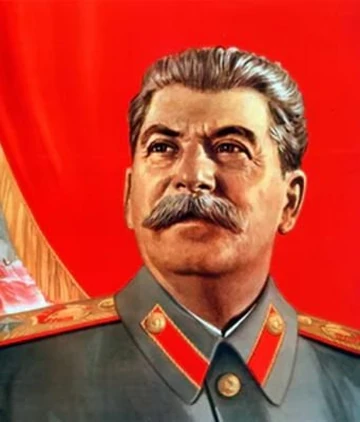
Third- and Fourth-Year Students
Students in the Class of 2027 and 2026 should pursue writing-intensive “W” courses and work of completing their focus area. All majors are required to take two “W” courses, one of which must be at the 300-level.
Transfer students interested in the major or minor should schedule a meeting to talk with Prof. Thomas Fleischman, director of undergraduate studies, by emailing thomas.fleischman@rochester.edu.
Suggested Fall 2025 courses
HIST 128 - Postwar Europe
Professor Thomas Fleischman, T/R 11:05am-12:20pm
Until the fall of the Berlin Wall in 1989, the past, present, and future of postwar Europe appeared permanently divided, dominated by an inevitable ideological clash. Collapse of the Iron Curtain, however, required a dramatic re-examination, as the once immutable Cold War now appeared more as a post-war parenthesis. This course examines Europe since Zero Hour 1945 as a singular space once dominated by superpowers, riven by cultural and economic competition, yet also struggling with its past and reimagining its future.
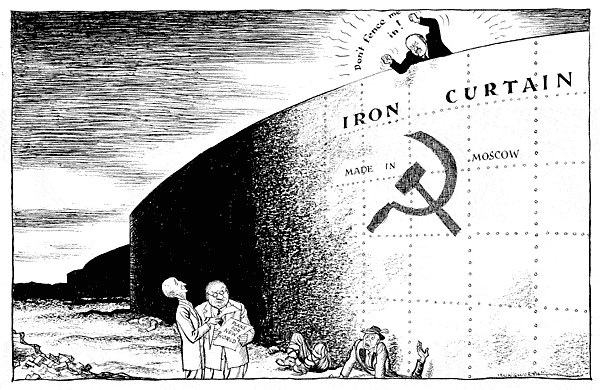
HIST 163 - Revolutionary America, 1750-1800
Professor Mike Jarvis, T/R 9:40-10:55am
This courses explores American history during the Revolutionary period.
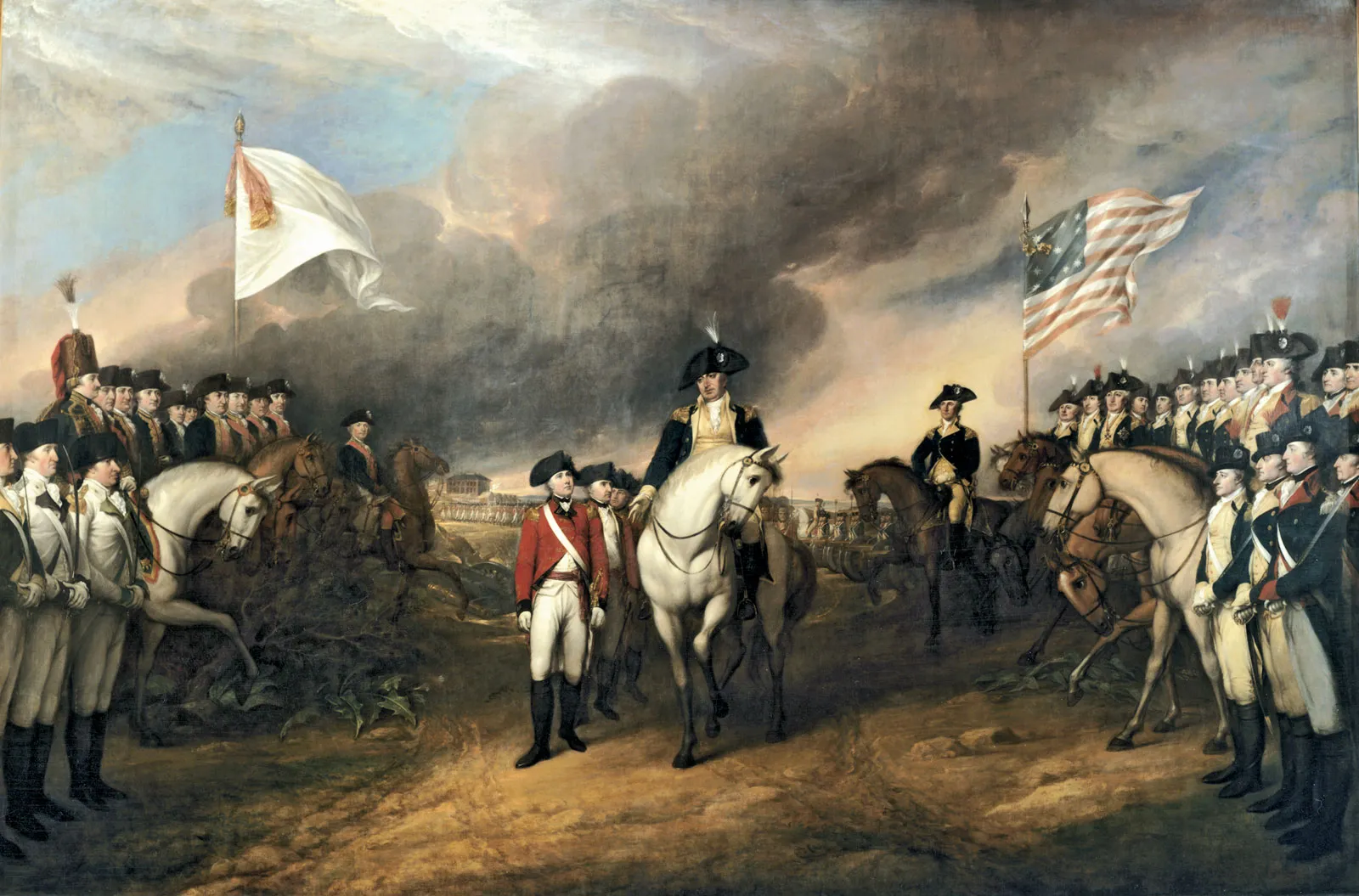
HIST 169 -“What is America”
Professor Jed Kuhn, M/W 11:50am-1:05pm
This course introduces students to U.S. cultural history through an examination of the various meanings attached to America. This course seeks to answer the question “What is America?” by analyzing what America meant to different groups of people in the early decades of the twentieth century and how that history continues to resonate in the present. Specifically, this course examines how race, indigeneity, and gender operate in American culture through an exploration of the everyday lived experiences of Black, White, Mexican, Chinese, and Native Americans in the 1900s, 10s, and 20s. The course approaches its central question by exploring three possible answers that have long circulated in songs and stories: “this land is your land,” “a nation of immigrants,” and “land of the free.”

HIST 241/W - The Holocaust in History and Memory
Instructor Jonathon Catlin, PhD T/R 2-3:15pm
This course examines the genocide of European Jews by the Nazi German regime and its collaborators, now commonly known as the Holocaust or Shoah. The first half covers the history of these events, starting from the contexts of antisemitism and racial science, Europe’s interwar crises, and the National Socialist movement’s rise to power, and culminating in the mass murder of Jews and other groups. The second half explores the ramifications of these events in national memory cultures and social and political thought through authors including Primo Levi, Hannah Arendt, and Theodor Adorno. We will restage pivotal historiographical and intellectual debates that shaped how the Holocaust and its significance are understood. Through several films we will also grapple with challenges of representing the Holocaust and observe how aesthetic and memorial strategies have evolved over time.
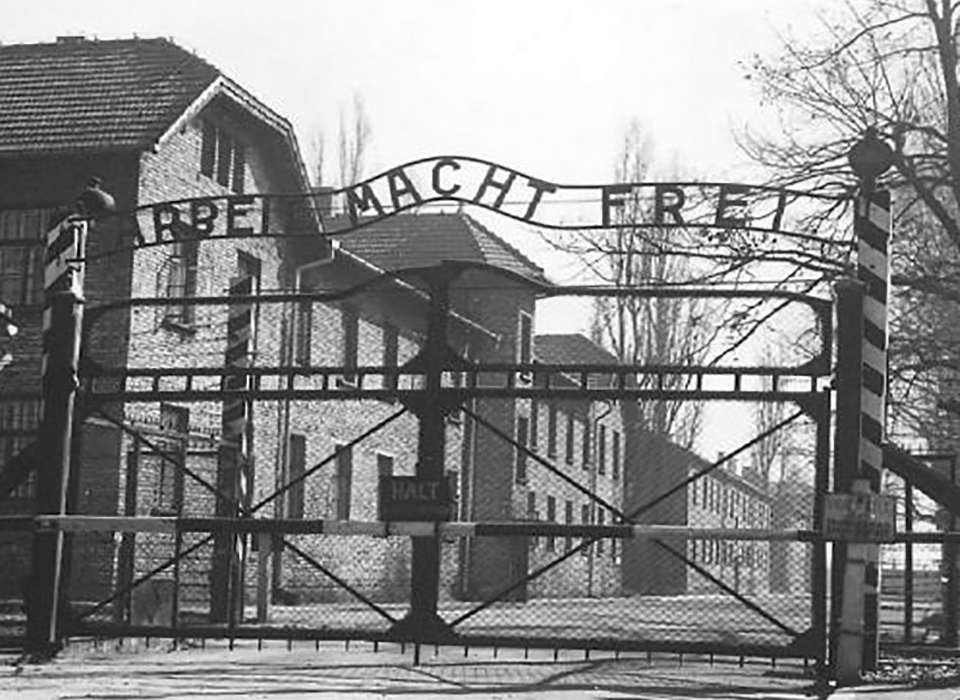
HIST 352W/452 - Racial Democracies: Mexico vs Brazil
Professor Claire Becker, M/W 3:25-4:40pm
Mexico and Brazil are countries with complex cultural, racial and ethnic histories. This seminar will explore the process by which these two countries grappled with their diverse populations during the modern era and how policies and attitudes impacted citizens, residents and perceptions. The course will investigate the limitations that arose from Mexicos pursuit of a cosmic race? and how the myth of Brazils racial democracy? was created and debunked. We will debate the durability of these constructions and the limitations that arise from cross-country comparisons.
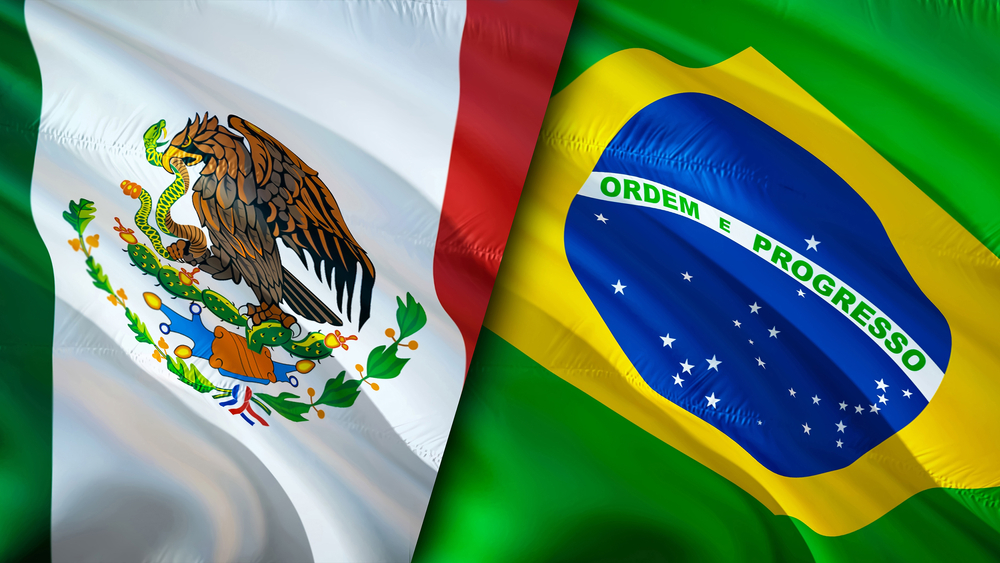
HIST 364W/464 - The US-Mexico Borderlands
Professor Jed Kuhn, M 2-4:40pm
The U.S.-Mexico border has become a site of contentious political debate. These present-day debates over immigration, however, belie a complicated, often uncomfortable history: what is now the U.S. Southwest used to belong to Mexico, and it has always been Indigenous land. Moreover, many of the people the U.S. views as Mexican or Latinx immigrants are also Indigenous. This course provides an in-depth examination of both the history of the U.S.-Mexico borderlands, from the seventeenth century to the recent past, and the concepts that structure how we think about this place.
